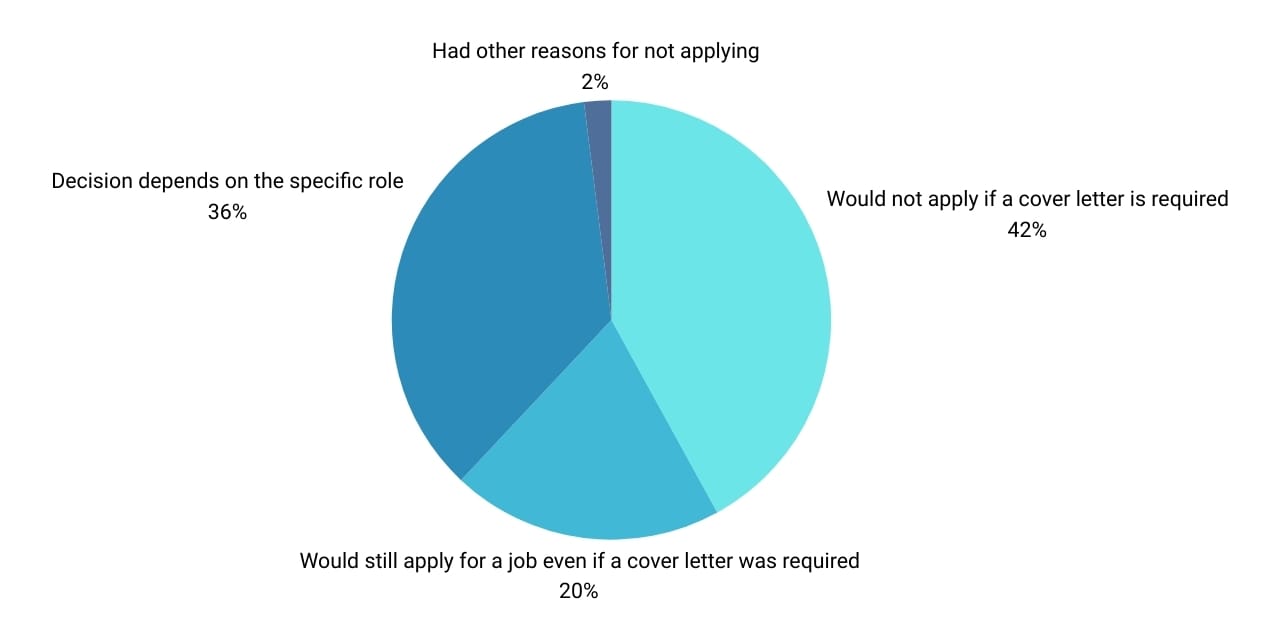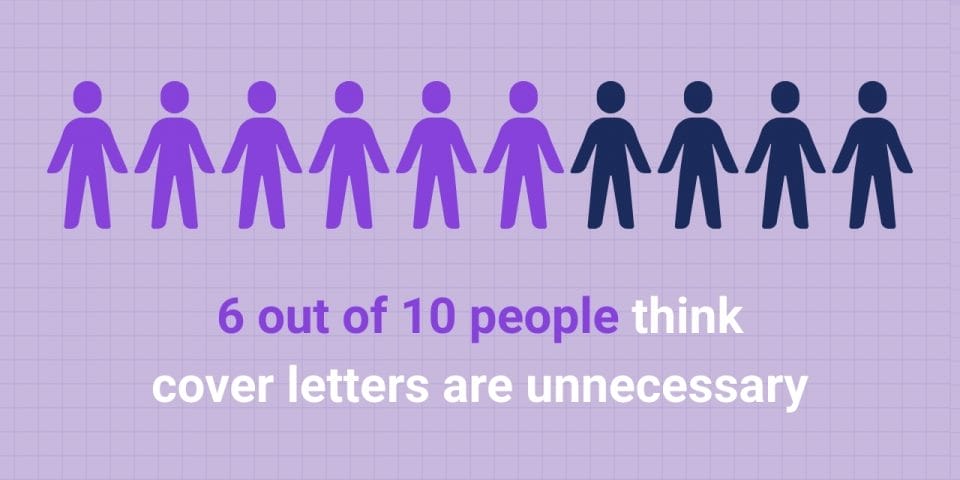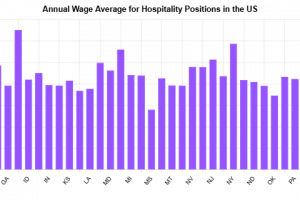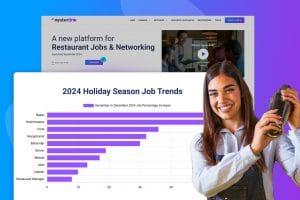Miami, FL — The traditional cover letter, once considered a non-negotiable part of a job application, is quickly losing favor in the hospitality world.
A recent survey conducted by OysterLink, a hospitality job platform, found that 60% of job seekers in the hospitality industry believe a well-written cover letter is no longer essential when applying for a job. Only 40% still see value in submitting one.
This shift is more than a passing trend — it reflects a changing mindset in one of the fastest-paced, people-driven industries in the world.
In fact, an earlier OysterLink study revealed that 42% of hospitality candidates would skip applying altogether if a cover letter was required, 36% would apply and write a cover letter depending on the role and only 20% would still apply regardless of the specific role and cover letter requirement.

The numbers are clear: modern hospitality job seekers are rethinking what matters when it comes to landing their next role.
A Shift Toward Skills and Personality
The hospitality industry has always been unique in its hiring approach. While many fields still rely on carefully formatted resumes and formal introductions, restaurants, hotels and event spaces often hire based on experience, attitude and a genuine passion for customer service.
“These numbers reflect the dynamic, personality-first nature of hospitality,” said Milos Eric, Co-Founder and General Manager of OysterLink. “Both applicants and employers are prioritizing practical skills, experience and character over outdated formalities. If you’re great with people, know how to stay calm under pressure and can jump in and help wherever you’re needed — that speaks louder than a carefully crafted cover letter.”
In an industry where face-to-face interactions, teamwork and on-the-spot decision-making are the norm, a candidate’s ability to connect with others often outweighs their ability to write a persuasive letter. The cover letter, once a way to show personality on paper, is increasingly being replaced by in-person impressions, video introductions and even social media profiles.
Why Are Cover Letters Losing Relevance?
Several factors are driving this change, particularly in hospitality:
1. Speed matters
Restaurants, bars, hotels and event venues often need to fill positions quickly. Long, drawn-out application processes with multiple documents slow down hiring decisions. Many Hiring Managers would rather meet someone for a quick chat or trial shift than read a formal letter.
2. Character can’t be written
Cover letters are supposed to show who you are beyond your resume, but in hospitality, character and charisma are best experienced in person. A handshake, a smile or a confident introduction leaves a more lasting impression than a block of text.
3. Practical skills win
In hospitality, hands-on ability matters most. Can you carry five plates? Handle a packed bar? Stay calm with demanding guests? Cover letters rarely answer these questions — practical experience and references do.
4. Applicants know what matters
Job seekers in this industry understand what employers care about. As OysterLink’s data shows, candidates are increasingly choosing to focus on presenting their work history, availability and readiness to learn, rather than investing time in formal writing.
What Employers Should Take Away
For hospitality businesses, these insights highlight the need to modernize hiring practices. Expecting traditional applications might cause employers to miss out on great candidates — especially as younger workers and career changers enter the job market.
Eric encourages businesses to rethink their application process. “If you require a cover letter, you might be unintentionally pushing away great talent,” he said. “Focus on what really matters: Are they reliable? Are they coachable? Do they fit your team’s vibe? Those are the things that lead to great hospitality hires.”
Employers can adapt by simplifying applications, offering on-the-spot interviews or even trial shifts for promising candidates. Many successful hospitality venues are moving toward text or app-based applications, video messages and personality-focused hiring events.
How Job Seekers Should Approach Applications Now
If you’re applying for a job in hospitality, don’t stress about crafting the perfect cover letter. Instead, focus on what employers care about most:
Highlight relevant experience: Whether it’s working the floor during a packed brunch service or managing a front desk, clear, honest job descriptions of your past roles matter more than flowery introductions.
Show personality early: Many job platforms, including OysterLink, allow you to add a photo, short bio or video introduction. Use these tools to express your energy and enthusiasm.
Be responsive and flexible: Quick replies to messages, availability for interviews and a willingness to jump in and learn go a long way.
Leverage references: A good word from a previous manager or coworker often carries more weight than a carefully written cover letter.
If a job posting still asks for a cover letter, it’s smart to include a brief, casual note rather than a long, formal essay. A few sentences showing your interest and availability can be enough.
What This Says About the Hospitality Industry
The declining importance of cover letters reflects the practical, adaptable spirit of hospitality work itself. It’s an industry where your work ethic, attitude and teamwork count for more than how well you follow formal business norms.
It also signals how job search tools and hiring processes are evolving. Platforms like OysterLink are built to highlight a candidate’s skills, experience and availability first — offering employers a faster, clearer sense of who a candidate is before ever reading a cover letter.
As digital hiring continues to grow and younger, tech-savvy workers enter the job market, these trends will likely become more widespread. The hospitality industry, already known for embracing diversity, energy and flexibility, is leading the charge in rethinking outdated hiring expectations.
About OysterLink
OysterLink is a job platform in the restaurant and hospitality industry. It features top job listings, insights into market trends and celebrity interviews to guide career growth.
Currently, OysterLink attracts over 350,000 monthly visitors and is growing. For more information, visit oysterlink.com or contact PR Rep Ana at [email protected].




